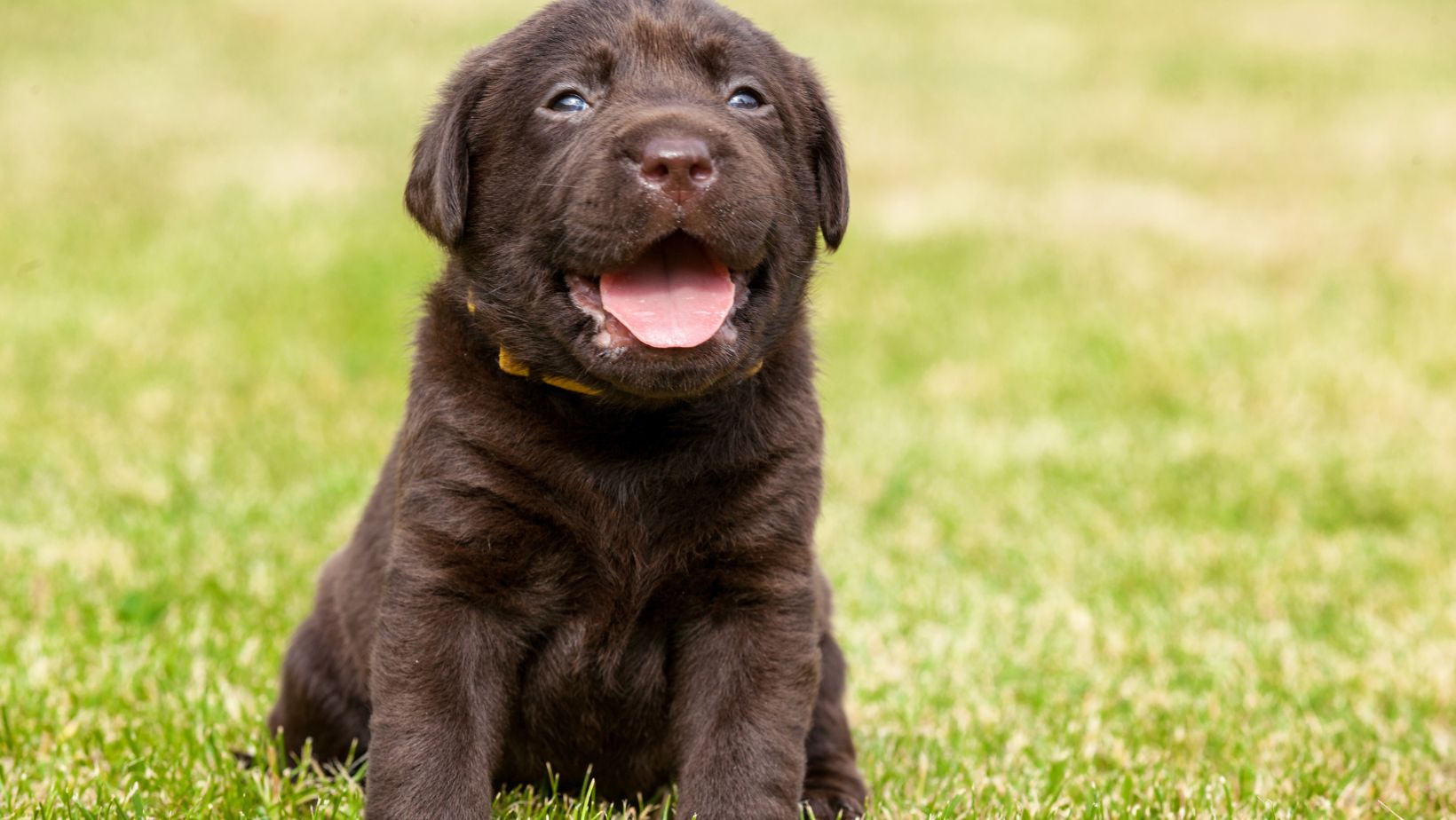How to Calm Reactive Dog
Effective strategy for calming a reactive Labrador is implementing positive reinforcement training techniques. By rewarding good behaviour with treats, praise, or playtime, you can help redirect their focus away from triggers that may cause them to react negatively. Consistency and patience are key when using this approach; over time, your Labrador will learn to associate positive rewards with remaining calm in potentially stressful situations.
Another important aspect of managing reactivity in Labradors is providing proper exercise and mental stimulation. Regular physical activity not only helps burn off excess energy but also promotes relaxation and reduces anxiety levels. Engaging your Labrador in activities like daily walks, interactive play sessions, or even puzzle toys can help keep their mind stimulated and prevent boredom-induced reactions.
Remember that every dog is unique and may require different approaches to calming their reactive behaviour. Seeking guidance from a professional dog trainer or behaviourist who specialises in working with reactive dogs can provide invaluable insights tailored specifically to your Labrador’s needs.
By employing positive reinforcement techniques, ensuring adequate exercise and mental stimulation, and seeking professional guidance when needed, you’ll be on the right track towards helping your reactive Labrador find peace and serenity in any situation.
Understanding Reactive Behaviour
Reactive behaviour in dogs, such as a Labrador, can be challenging to manage and understand. It’s important to recognize the causes of reactive behaviour and how to effectively address it. In this section, we’ll delve into the factors contributing to reactive behaviour in Labradors, helping you gain a better understanding of your furry friend’s reactions.
- Fear and Anxiety: Reactivity in Labradors often stems from fear or anxiety. Dogs may react aggressively or defensively when they feel threatened or perceive a potential danger. It could be triggered by unfamiliar environments, loud noises, or previous negative experiences.
- Lack of Socialisation: Insufficient exposure to various stimuli during critical periods of development can lead to reactive behaviour. Labradors that haven’t been properly socialised may respond negatively towards other animals, new people, or even everyday situations.
- Protective Instincts: Labradors are known for their loyalty and protective nature, but if not properly trained and managed, these instincts can manifest as reactivity. They might exhibit aggression towards perceived threats near their family members or territory.
- Frustration and Overstimulation: When Labradors become overwhelmed with excitement or frustration due to restricted movement or unmet expectations, they may display reactive behaviours like barking excessively, lunging on leash, or jumping up on people.
- Medical Conditions: Sometimes underlying medical issues can contribute to reactive behaviour in Labradors. Painful conditions like arthritis or neurological disorders might make them more prone to reacting aggressively out of discomfort.
To address reactive behaviour in your Labrador effectively:
- Prioritise positive reinforcement training methods.
- Gradually expose them to different environments and stimuli.
- Implement desensitisation and counterconditioning techniques.
- Seek professional help from trainers experienced in working with reactive dogs.
- Consider consulting with a veterinarian if you suspect any underlying medical causes.
Understanding the root causes of reactive behaviour in Labradors is crucial for implementing appropriate strategies to help them overcome it. With patience, consistency, and a tailored approach, you can create a more relaxed and well-behaved companion out of your reactive Labrador. Sure, I’ll keep that in mind. Here’s my response:
